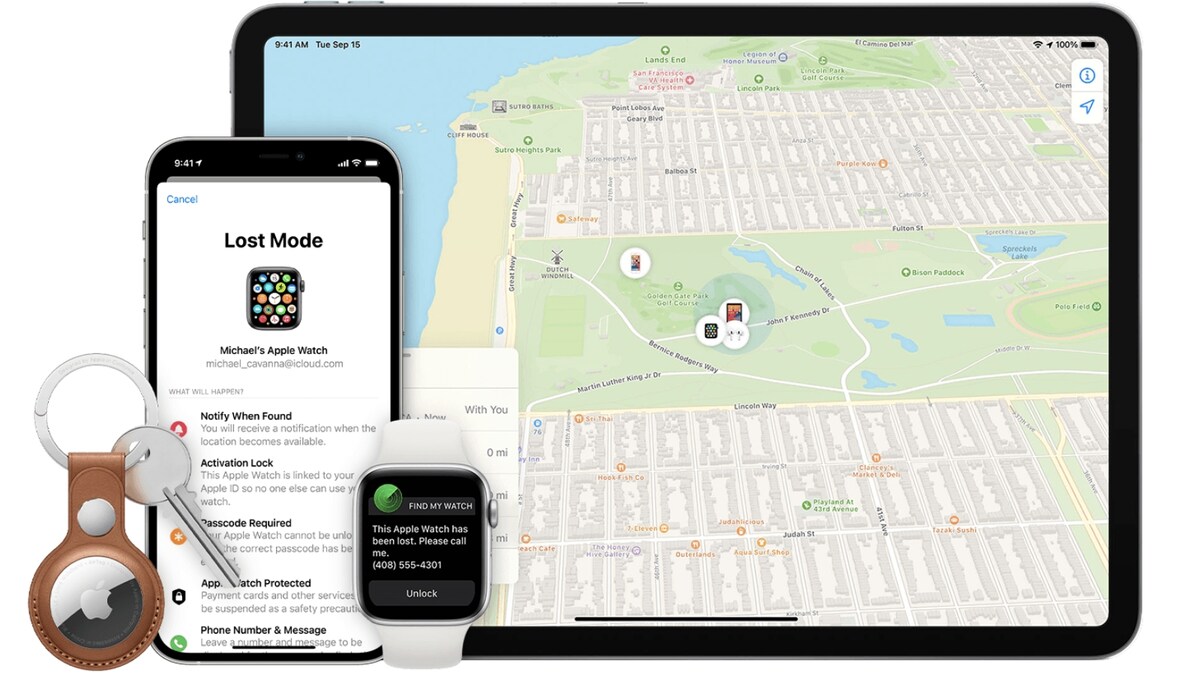
Apple’s Find My Update Could Let You Share Lost Item Locations with Non-Contacts
Apple
Zaker Adham
06 November 2024
26 August 2024
|
Paikan Begzad
Summary
Summary
Tidal has rolled out new features aimed at empowering artists by enabling them to track their royalties and manage the music they have songwriting credits for directly on the platform.
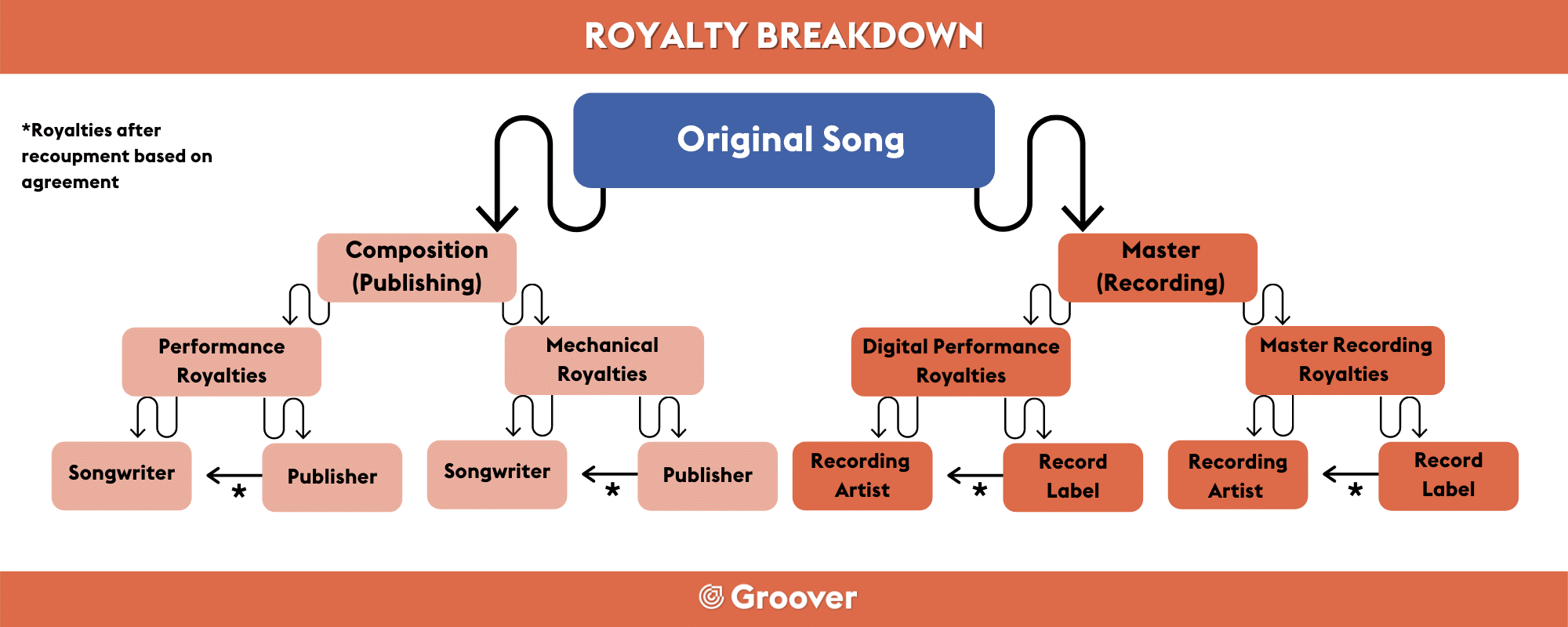
The complexities of music royalties, especially in the U.S., have long been a challenge for artists. Each collaborator on a track, from composers to performers, must register with a Performing Rights Organization (PRO) and obtain an Interested Party Information (IPI) number, identifying them as the rights holders. These PROs track where tracks are used and ensure that royalties are paid accordingly.
One of the biggest hurdles artists face is tracking these royalties and understanding where their work has been utilized. Royalties can be earned from mechanical reproduction (like CDs, MP3s, and streaming) and performance (such as airplay or public performances).

With Tidal’s new dashboard, artists who have an existing PRO and IPI number can now claim their profile, verify their documentation, and begin tracking royalties. The dashboard provides a clear view of the artist’s IPI, PRO, and publisher details, and highlights recordings that have properly registered royalty information. It also flags tracks that may be missing from Tidal’s records or are incorrectly credited.
For artists new to the industry, Tidal offers the option to sign up with AllTrack, a digital PRO that tracks data across various platforms, including streaming services, TV, and radio stations. Artists can also join the Mechanical Licensing Collective (MLC), a nonprofit that collects and distributes royalties for streams and downloads in the U.S.
Additionally, Tidal’s toolkit allows artists to inspect track or album metadata to ensure royalty splits are accurate and propose changes if necessary. These tools are available to artists for free, leveraging Tidal’s catalog and third-party data.
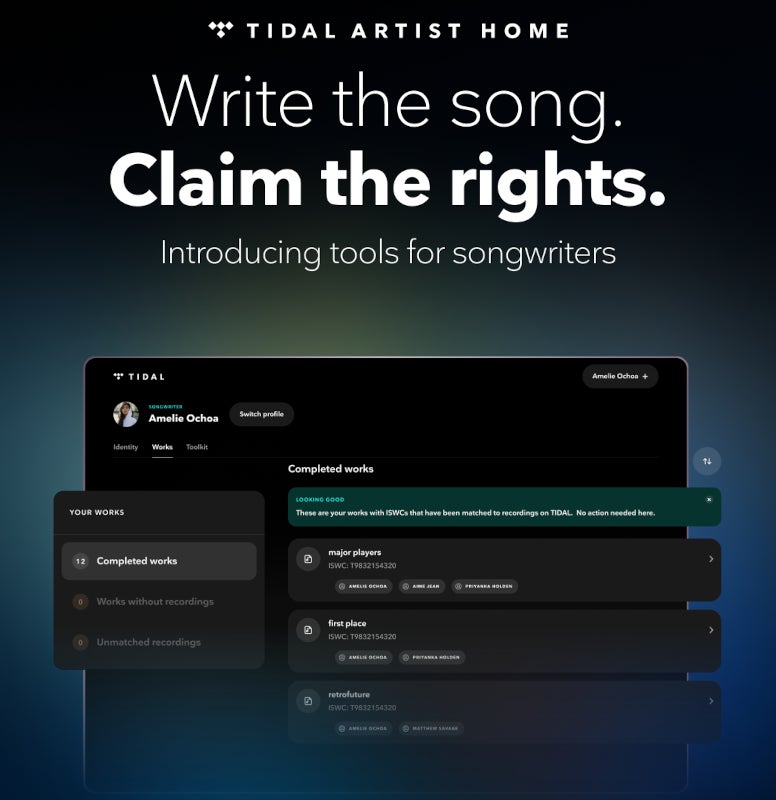
Agustina Sacerdote, Tidal’s global head of product, shared that the company developed this dashboard to address the outdated and complex tools currently available to artists. "If we want to be truly artist-first, we must acknowledge that the main artist is often the face of the track, but a whole ecosystem of collaborators plays a critical role. The tools for these contributors are antiquated, and we're tackling that problem," she explained.
Several startups, including Mogul and Mozaic, are also attempting to solve the royalty tracking issue, offering tools for artists to track unclaimed royalties and split them between collaborators.
Unlike other music platforms, Tidal, owned by Block, appears more focused on developing artist-centric products rather than consumer features. For instance, while Spotify has expanded its offerings with social features and online learning services, Tidal has launched initiatives like Collabs, which helps artists find collaborators for tracks or live shows. The company is also testing features to enhance fan connections through Square and is exploring the use of Cash App to facilitate faster payments to artists.

Apple
Zaker Adham
06 November 2024
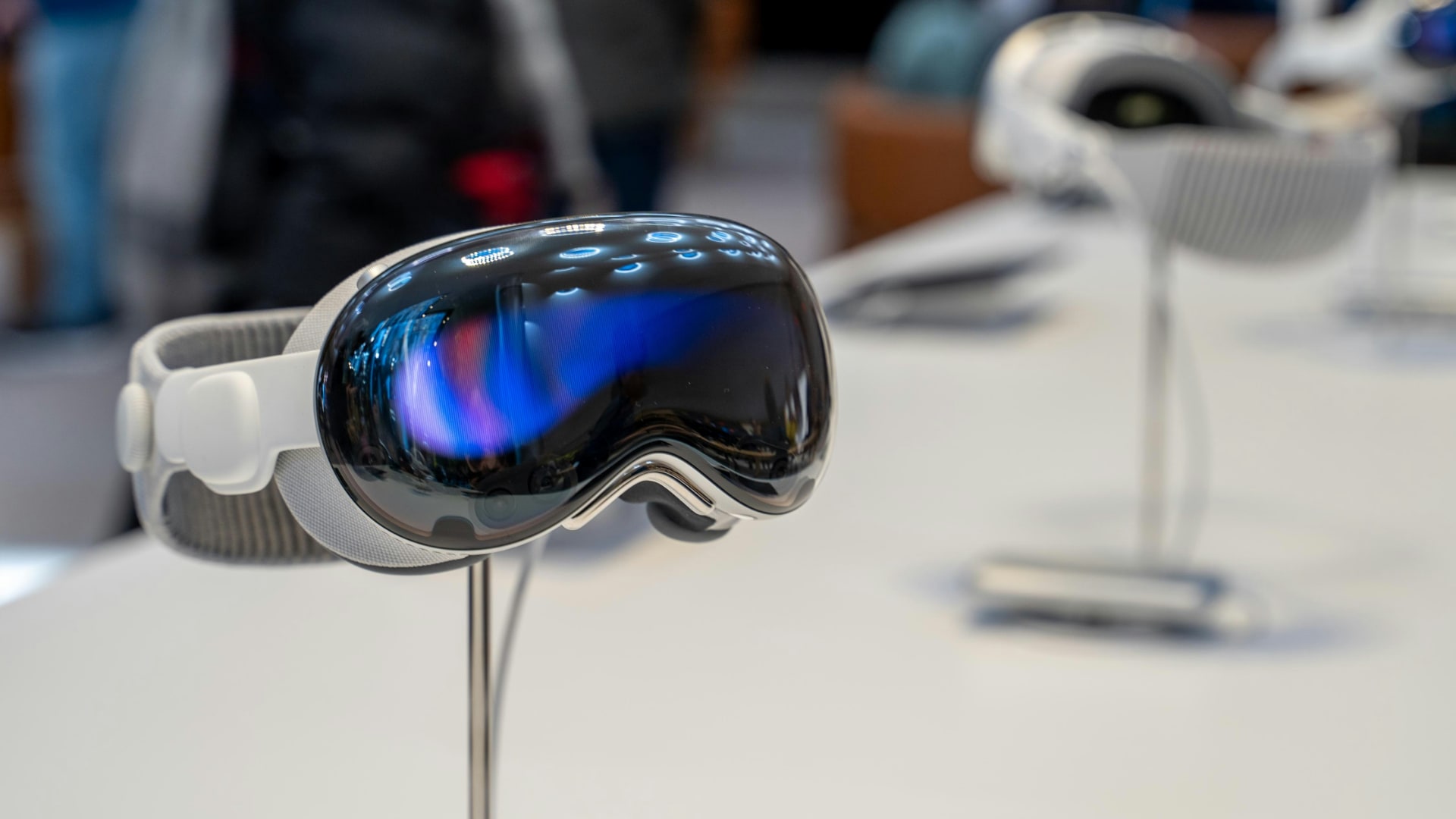
Apple
Zaker Adham
05 October 2024
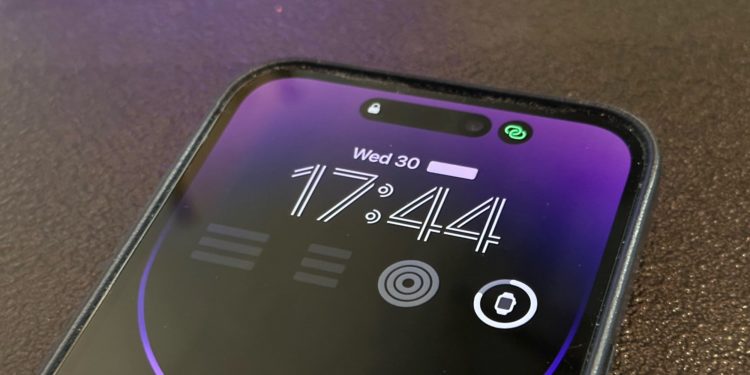
Apple
Zaker Adham
02 October 2024
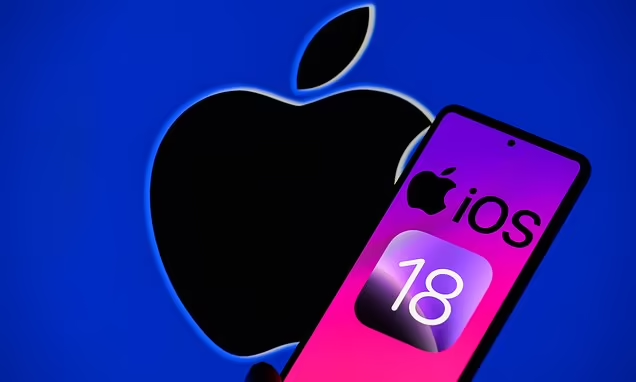
Apple
Paikan Begzad
16 September 2024